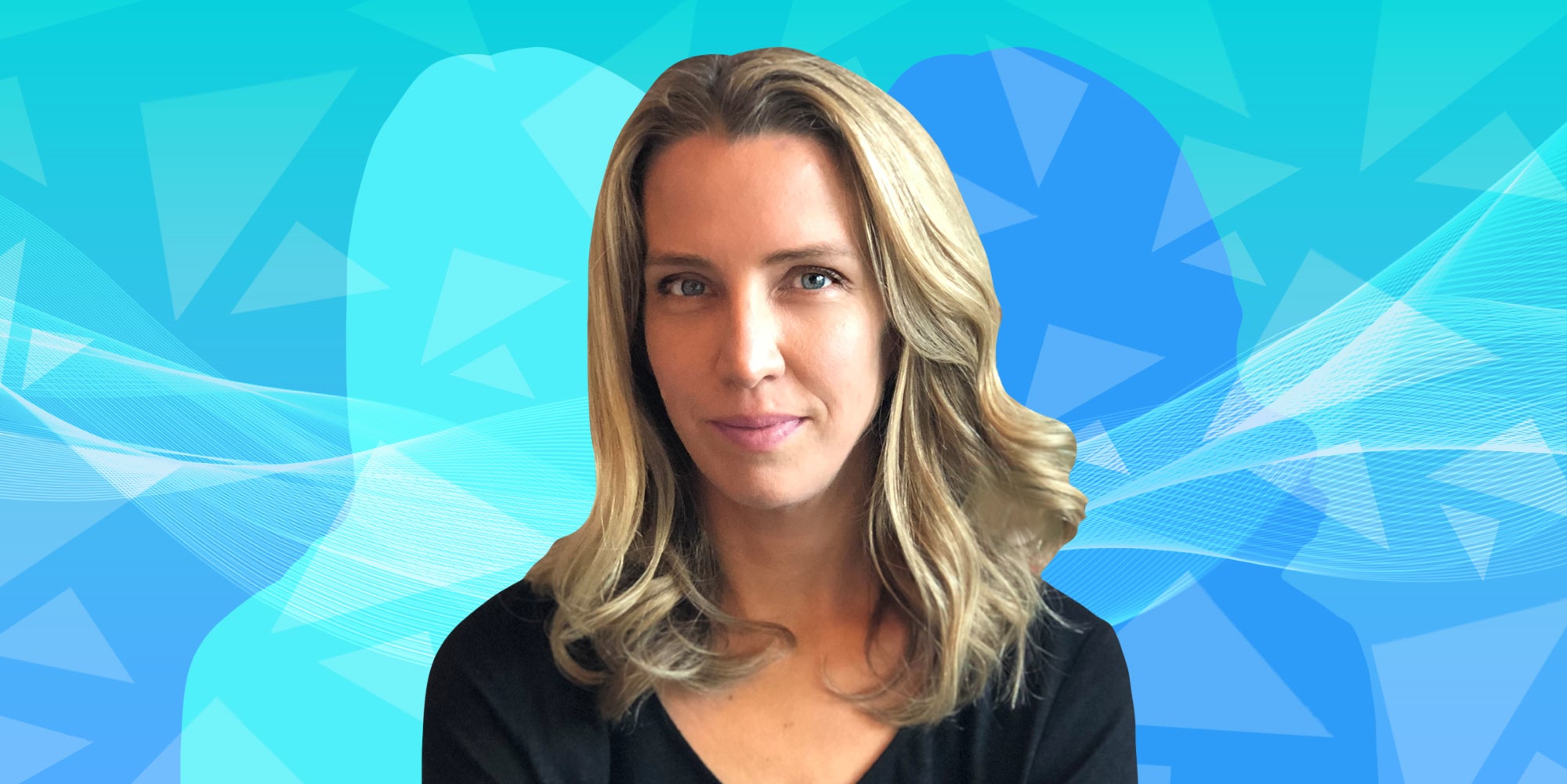
This week, Kajabi announced Andréa Mallard, chief marketing and communications officer (CMO) at Pinterest, will be joining the board of Kajabi. In an exclusive interview with Passionfruit, Mallard went into detail on what she thinks makes for successful Kajabi creators, what attracted her to Kajabi, and how she thinks Kajabi is transforming the creator economy.
As previously covered by Passionfruit, Kajabi is a technology company known for its online course creation and marketing tools. It also offers other products for “knowledge” influencers, like tools for live coaching, email marketing, newsletters, websites, and educational podcasts and videos. Kajabi is offered for a flat rate, with price tiers ranging from $149 to $399 per month, and it does not take any revenue share from creators on the platform.
Kajabi has been making recent moves in the creator economy. On Nov. 1, 2022, it announced its acquisition of Vibely, rebranded to Kajabi Communities, a community management product that offers tools like community live calls, chats, leaderboards, and challenges.
Being a successful Kajabi creator
For Mallard, the most successful creators on Kajabi have three key ingredients.
“Knowledge to share, a desire to monetize that knowledge, and an audience,” she said. “Some people can be discouraged by the last ingredient—assuming that they need a huge audience in order to be successful, and this simply isn’t true. If you’ve got 100 people interested in your expertise, that can easily translate to $100,000 a year.”
Meaning it’s not about the size of your following, it’s about having a following at all. “Many of Kajabi’s successful creators have a small, niche group of followers,” Mallard said, demonstrating the importance of finding your area of expertise and going all-in.
Of the many different topics one can choose as their lane on Kajabi, Mallard said the most common verticals are professional development (from helicopter lessons to hand embroidery how-tos); health, wellness, and fitness (from dance classes to group fitness challenges); and business and entrepreneurship (from leadership coaching to business boot camps for aspiring entrepreneurs).
“Kajabi University also offers creators countless webinars and guides to help inspire people to find their niche and then turn them into natural course creators and storytellers,” Mallard advised.
Kajabi offers many ways for creators to monetize their knowledge and skill sets. According to Mallard, the most popular way is to create and sell courses, but many creators also offer live one-on-ones, group coaching, or paid memberships to a community that they help build and nurture.
“Kajabi has found the secret sauce to helping creators earn more,” Mallard said. “We know that creators who launch a business on Kajabi earn nearly $50,000 per year on average, and that’s higher than any other platform serving creators.”
Kajabi’s mark on the creator economy
Mallard said she felt the opportunity to join the board meant being involved in a different aspect of the creator economy. Instead of catering to the traditional “treadmill” of content creation beholden to an algorithm, she felt Kajabi was unique in its ability to enable creators to share real expertise on their own terms and in a way that ensures the majority of value goes directly to them.
“Kajabi has the opportunity to challenge and reshape an industry and I’m excited to ensure the next generation of creators has a fundamentally different and better way to share expertise and make a great living,” she said.
For her part, joining the board will allow Mallard the opportunity to provide strategic counsel on brand strategy, storytelling, performance marketing, channel strategy, external communications, and—most importantly—product development and innovation.
“The best and most lasting brands start by being great products first and foremost, so I always approach marketing work through best-in-class product development differentiation,” Mallard said.
Mallard herself is uniquely positioned to provide such product development counsel from her day-to-day dealings as Pinterest’s CMO.
“My role at Pinterest has given me a lot of fantastic insight into the challenges and opportunities creators face today. It’s abundantly clear that creators can be rewarded for expertise and inspiration, not for amassing ‘likes’ for the sake of popularity. Kajabi shares our ethos that there is a viable space for creators to thrive based on their knowledge—not merely their image,” she said.
Another desirable element to Kajabi Mallard noted is how it helps position creators to grow their audience for the long haul.
“Kajabi empowers creators to own their audience and build a sustainable business immune to the limitations of social media and dependence on brand sponsorships or an ever-changing algorithm,” Mallard said.
For Mallard, content monetization and creators having success on Kajabi are just part of the larger picture of Kajabi transforming the world.
“[Creators and users] are contributing to the knowledge economy, not the distraction economy of traditional social media. There’s no loser in this equation and that’s a very special and rare type of business,” she said.
“Kajabi is the biggest company in the creator economy you’ve never heard of,” Mallard said. “Over the next year, that will change. I expect Kajabi to emerge as one of the leading brands in a new creator economy that puts the success of creators at the center of the model—right where it should be.”




